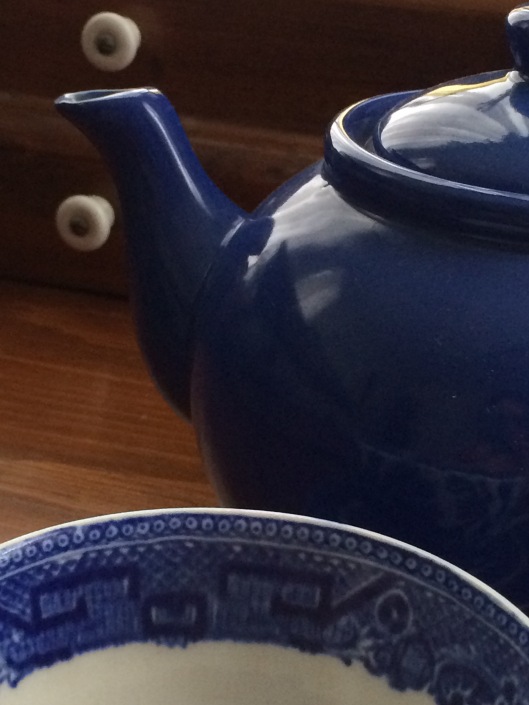Thursday, March 12, 2015, was a sad day for me. For it was the day that Sir Terry Pratchett, creator of Discworld, satirical-humanist extraordinaire, and recreational swordsmith, died.
Before leaving us at age 66, due to a rare form of Alzheimer’s Disease, Terry treated the world to more than 70 books, for young and old alike. After hearing the news, I wept, in sadness and in joy. For in losing Terry, I lost a beloved teacher. But in the wake of his loss, I also gained a sense of gratitude for exactly how much this white-bearded, epic-hat-wearing author influenced me as a human being and as a fledgling writer.
Terry was a gateway author for my 12 year-old soul, ushering me into a world where my small town life and my late middle school self were finally mirrored back to me. Through characters like Susan Sto Helit, Mort, Jeremy Clockson, The Abbot, Death, and The Sweeper, Terry gave me the courage to be weird. It was okay that I didn’t fit in with my peers, because there in Sir Pratchett’s novels were dreamers, philosophers, over-thinkers, humanists, people well-intentioned but socially awkward. You know, human beings that acted a lot like me. Through Good Omens, he introduced me to Neil Gaiman, whose work inspires me more than any other author. And it was the energy and crystalline precision of Terry’s sentences that first made me think: “Hm, maybe I’d like to spend more of my life writing. I’d love to create sentences like that.”
There is a question all this reflection brings up: why haven’t I spoken about him more? When I was asked to name my major creative influences in a recent interview, Terry didn’t come up in my answer. Which was odd. I’m usually a person who is self-reflective and systematic about her writing. I can tell how and why a writer has had an impact of my craft and even show you examples. But why haven’t I ever mentioned Terry? I read him with just as much gusto and frequency as any of my other favorite authors. I think my previous silence about Terry was twofold—I was intimidated by him and I’m only now realizing the depth of his impact. This filters into one thing: his plot structure. God, the way he wrote plot intimidated me. It was full of scenes that popped and whizzed through your senses, making you laugh, cry, and ponder the mysteries of humanity. It felt frenzied, but the madness always breathlessly hung together with a careful precision.
No one plots novels like Terry. And to me, that’s what makes an artist—they create something that only they can create. His plots are so beautiful and personalized to him, that I don’t know if I could ever directly use his tactics in my work. Yet, thinking of writing scenes of varying length that carefully fit together instead of writing in well-measured chapters, is getting my first novel draft on the page. Who knows if this is how I will keep it. But Terry’s writing style encourages me to think of the piece like a clock, to write it so that my character’s worlds and desires click and whirr together, freeing me from chapter quotas and keeping me ever mindful of how the larger project may end up fitting together.
Thank you Sir Terry for your wonderful stories. You truly were a writer uniquely your own. I shall deeply miss reading your new words and I am grateful for the continued guidance of your old ones.




